My name is Paul Smith and I’m the Artistic Director of a company you’ve probably never heard of, based in Hull. We’re called Middle Child (none of us are middle children and the name comes from Fight Club) and this month, we’re taking our album play Weekend Rockstars (penned by Luke Barnes and scored by James Frewer) to the Edinburgh Fringe. Mine and Luke’s initial discussions in conceiving the project kept coming back to one mantra – ‘lets make a play our non-theatre mates would enjoy’, or, to use Luke’s terminology ‘I want to make something where people think they might get laid afterwards’. I am immensely proud of Weekend Rockstars, yet just 18 months ago I would have been ashamed of admitting our starting point.
In the early days of Middle Child I was obsessed with creating work that other artists would fawn over, which audiences would clamour for and about which I would be engaged in deep, meaningful chats in the pub afterwards. Unsurprisingly, more often than not we failed on each of these fronts. We were trying too hard to fit the mould of what we thought a theatre company should be and what type of work a theatre company should make.
In short, the work’s main purpose was to make us seem like an intelligent, switched on bunch who had lots to say and the skills with which to say it. Again, more often than not we failed. To quote Adele, we were “chasing pavements”. I am convinced this is a symptom of being an ’emerging’ (ugh!) artist – of having to convince people you know what you’re doing way before you really have any idea. The best lesson I have learned (so far, there’ll be more no doubt!) is to simply be true to yourself as an artist – what do you care about, what can you offer that’s unique and authentic and what really gets you excited. Then you find people who share that drive and you make it happen.
So that’s what we’re trying to do now. The main thing that changed in our approach to making theatre is that we have found what it is we really care about – the reason that we exist. For us, it is about creating theatre for the Netflix generation, about lowering the risk of attending the theatre and creating a ‘Good Night Out’ (circa 1981 – how revolutionary!) for people who would rather be at a gig, on a night out or at the football.
We are proud to embrace the fact that we have become an audience-centric company, putting who we are making work for at the forefront of our creative decisions. We interrogate the reasons why theatre has become a dirty word for many in our city and have made it our mission to change that perception. Too often it seems that theatres are stubborn in their belief that audiences will come to their senses and flock to the auditoriums any day now. I do not buy into this fact and believe that we face an urgent and genuine struggle to cultivate a new generation of theatre-goers that will keep the form alive.
As a young(ish…) theatre maker I take heart that there are so many to be inspired by in this struggle – the ARC Stockton with their bold pricing decisions, SlungLow and the HUB, Not Too Tame, Red Ladder, Incoming Festival, Derby Theatre etc – but believe it is vital that emerging (ugh!) companies and artists are encouraged to take risks, are not chastised for the mistakes they inevitably make and that development is about unleashing who you really are as an artist rather than creating an identikit model of a successful theatre company. Pretending – just for a moment – that I am in a position to give advice to other ’emerging’ (ugh!) artists it would be simple – make what excites you, make mistakes, make it better next time and know who you’re making it for.
I’m off to take our piece of work made for non-traditional theatre audiences to one of the biggest theatre festivals in the world. I’m aware of the hypocrisy of that, but where else am I going to chase stars like a crazed Super Mario? Come see it, and who knows – you might just get laid afterwards.
